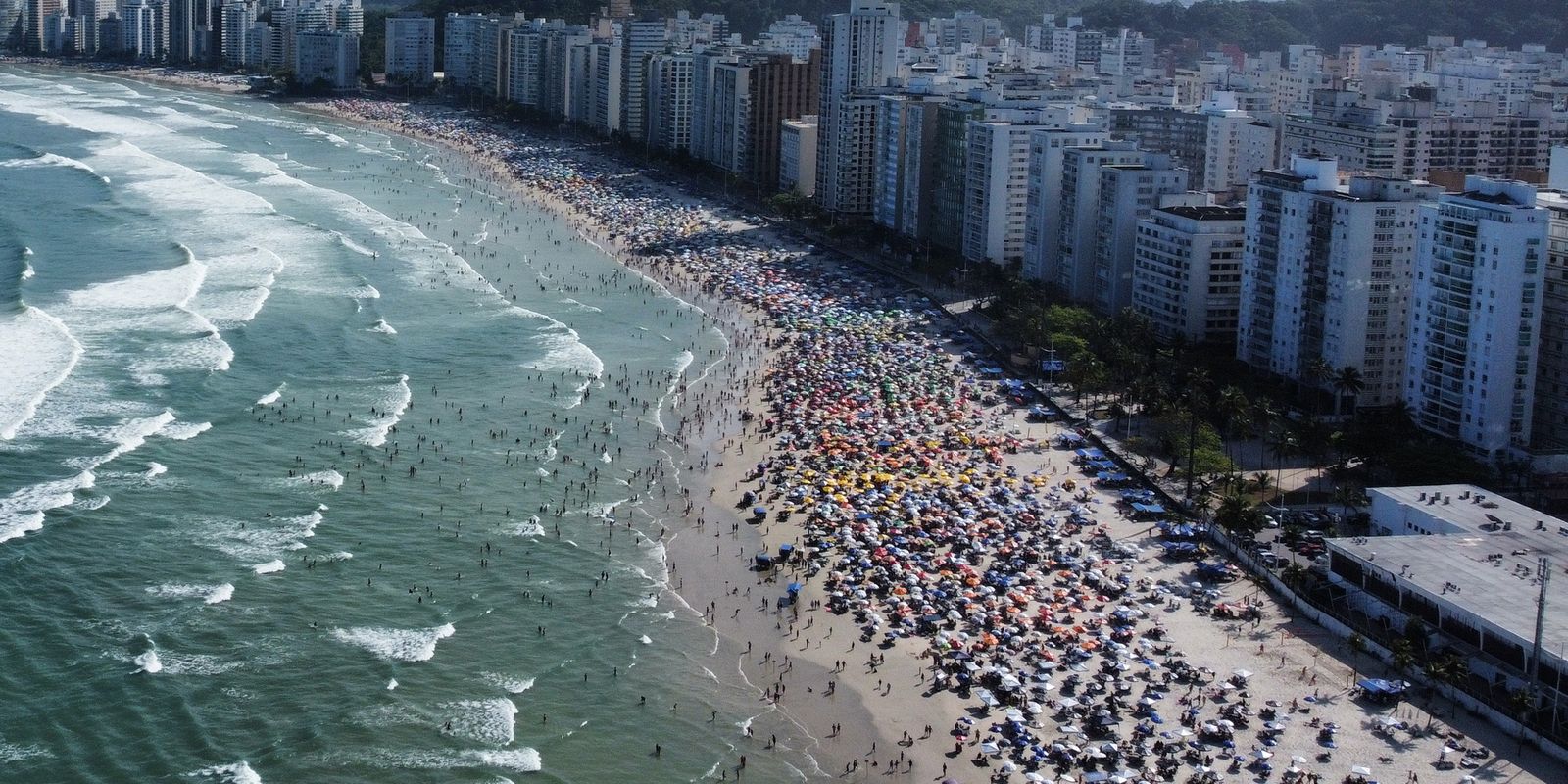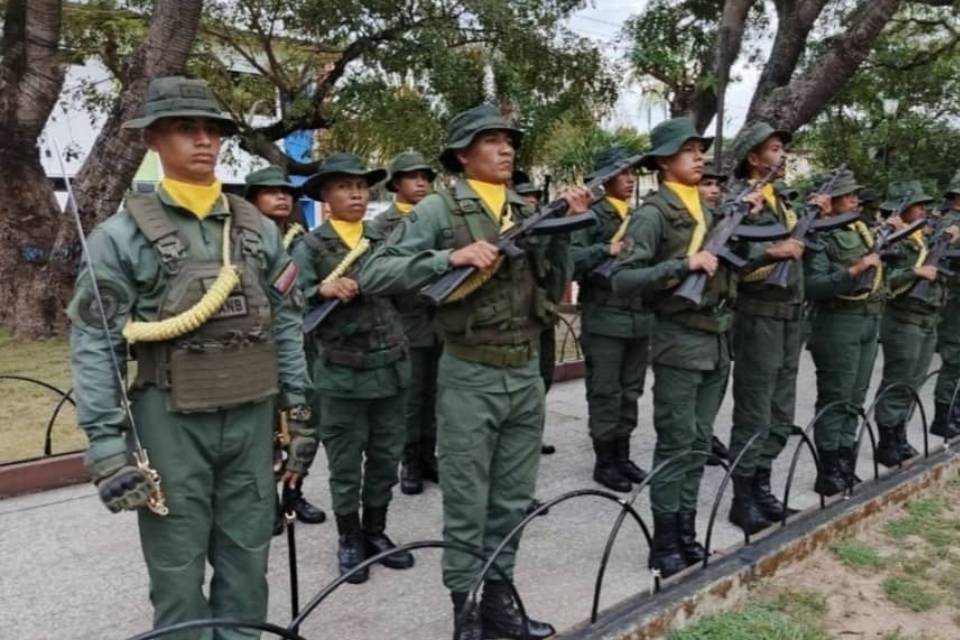The situation in Guarujá, a municipality located on the coast of São Paulo, can be defined as an outbreak due to the cases of gastroenteritis that have affected the population in recent days, reported the São Paulo State Department of Health. In the municipality of Praia Grande, there is an increase in the number of cases of diarrheal diseases, but it has not yet been confirmed that this is an outbreak.
“At this moment, we have considered using the term outbreak to define the situation in Guarujá, since we have information on the volume of people [atendidas] which already characterizes an outbreak”, said the director of the Division of Waterborne and Foodborne Diseases of the State Department of Health, Alessandra Lucchesi, in an interview with Brazil Agency.
She explained that it is still necessary for the municipality to confirm some information to understand the extent of the outbreak, and whether it covers the entire city or just some specific neighborhoods.
In addition to Guarujá, the department monitors the situation of services in Praia Grande. “It is another municipality that has shown an increase in the number of gastroenteritis cases, but the information is still being investigated by the municipality to understand whether there is an outbreak or not,” he said.
At the moment, it is not yet possible to make a comparison with the previous year to analyze a possible increase. This is because the monitoring of diarrheal diseases is closed per epidemiological week.
“The counting of days differs slightly from the calendar year. I believe that on Monday we will be able to gather information, not only from these municipalities, but from the entire state, to generate comparisons”, said Alessandra. She adds that, due to the seasonality of the disease, it is already expected that, at the beginning of the year, there will be an increase in the number of cases.
Investigation
To identify the origin of cases, which may be water- or food-borne, Alessandra Lucchesi explains that an epidemiological survey is carried out with sick people to identify whether, at any point, there was common food consumption in a given location. There is still research related to water.
“In this coastal context, we check both the quality of sea water and water suitable for human consumption. We investigate what possible sources of water were used, whether it was water from the public supply system, whether it was water from a well, whether it was any other water that was purchased. All these issues are still in the investigation process”, mentioned the director. The department and municipalities are in the process of collecting not only samples from water sources, but also stool samples from patients for analysis.
From there, the material is sent to the Adolfo Lutz Institute for processing. Research is done for viruses, bacteria and parasites. “If it is bacteria, it takes us around ten days to get this result. If it is a virus or parasite, the result comes out much faster.”















